English Course - Voice of Graduates
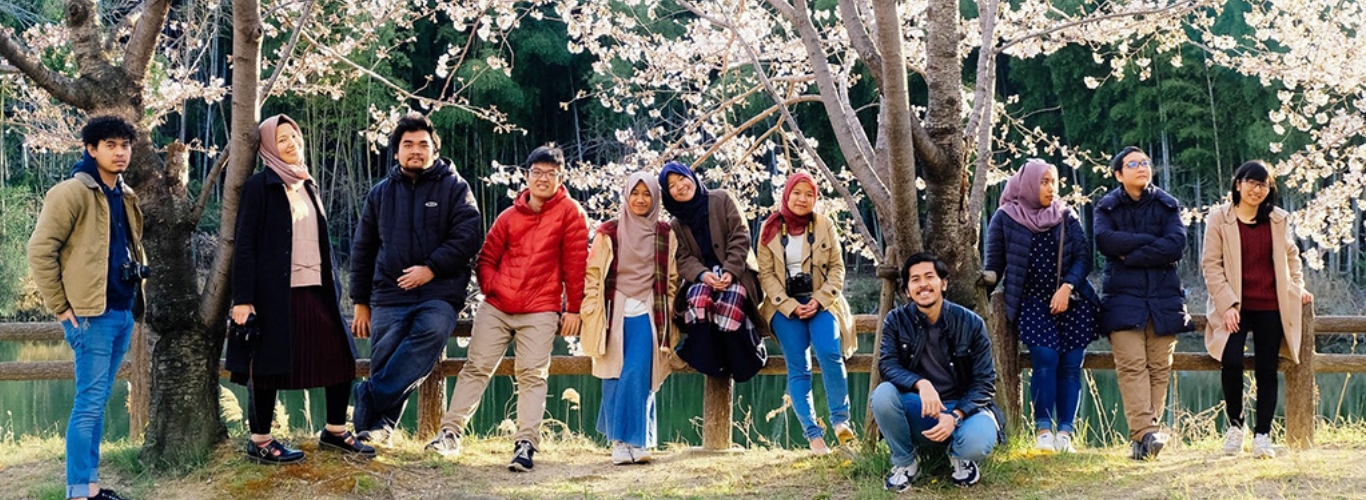
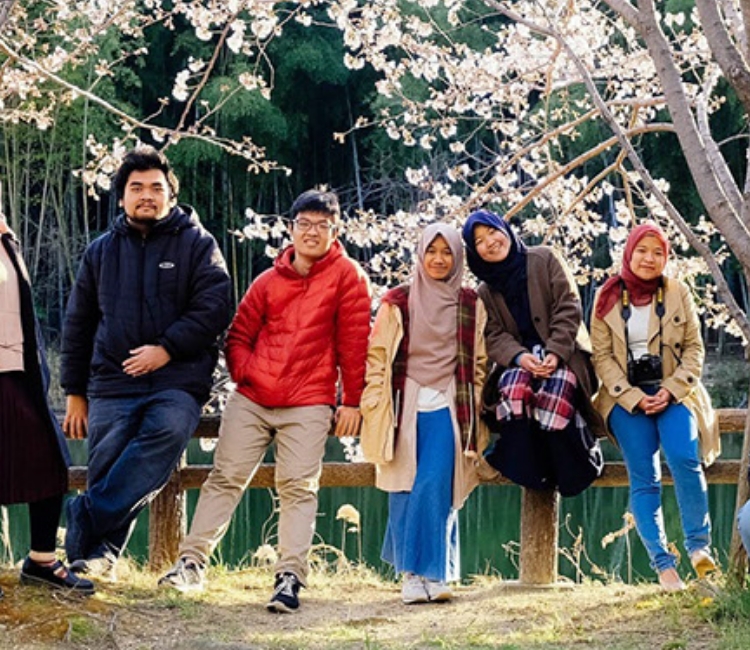
Voice of
Graduates
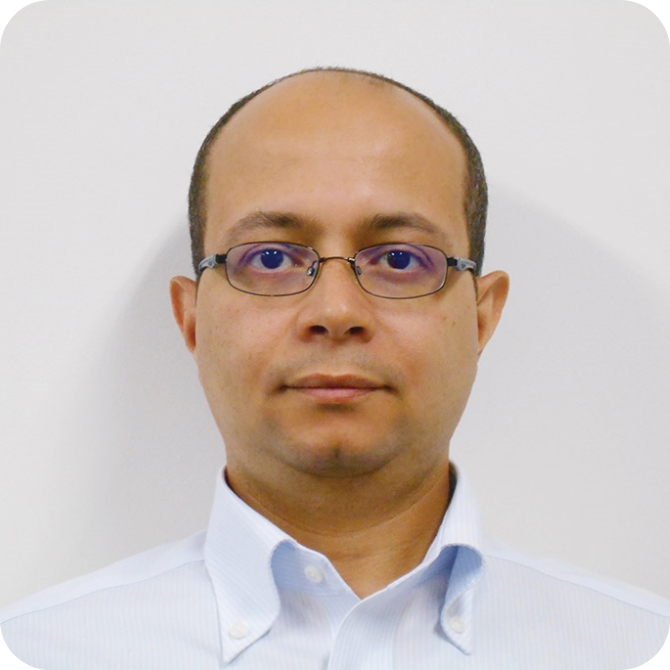
-
Ahmad Mohamad Haredy
(2008-2013, from Egypt) BIKEN, JAPAN
The program provides a friendly global study environment where you can have friends from all over the world. Studying at this program taught me not only fundamentals of cutting edge technologies, but also other skills that are important in work and daily life. For example, diligence, self-motivation, target setting, how to look for and evaluate original ideas, how to simply and logically convince others with your idea. Additionally, important attitudes that I learned is that resilience and believing in oneself are the way to success in life. Studying at this program opened me the gates for a remarkable career path in Japan.
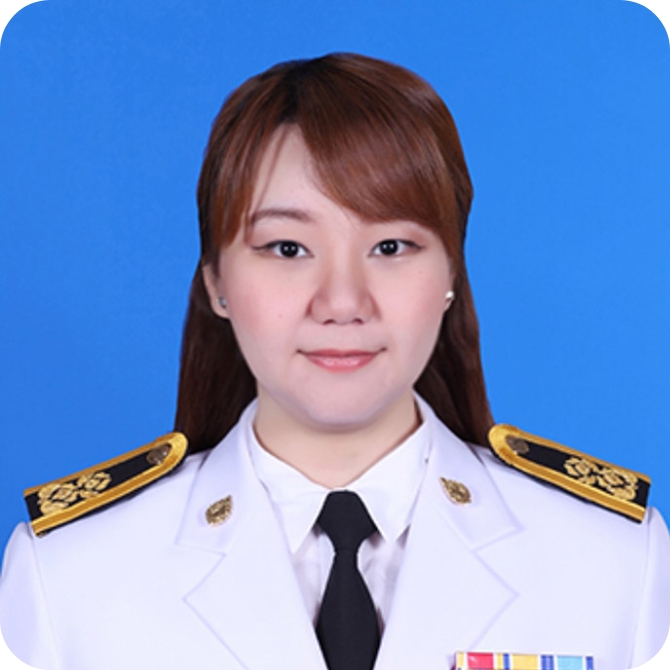
-
Borimas Krutsakorn
(2008-2013, from Thailand) PTT, THAILAND
My stay in Osaka was “The Best Experience, and The Best Opportunity Efor me. Osaka University is famous for their high-level education and research. I could learn advanced skills and knowledge in the field of biotechnology. As well as research facilities, Sensei (professors) and university personnel are also excellent. My study in Osaka could be a starting point for my professional career and I could find my current job even before my graduation. I had also many wonderful experiences during my stay in Japan. Japanese people have bountiful mind and responsibility for their works. I would like to thank the MEXT scholarship and Osaka University for the wonderful experiences and opportunities.
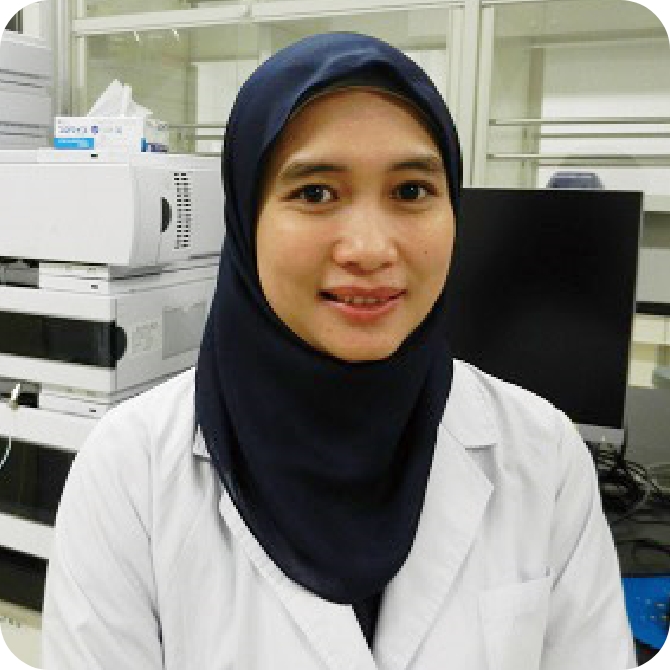
-
Dian Anggraini Suroto
(2013-2018, from Indonesia) Gadjah Mada University, INDONESIA
Joining the program had a tremendous impact on my life, the terrific experiences had expanded my knowledge and skills in biotechnology, given me the confidence to deal with professional prospects. This program offers various classes to strengthen students' foundation in biotechnology. Throughout the program, your science curiosities are very well supported by laboratory facilities, and you have many opportunities to build up your expertise. All those qualities are essential to thrive in scientific communities as well as your chosen career path. Equally important, you are also immensely exposed by a unique international environment intertwined with Japanese culture, which sharpens your understanding of cultural diversity which is very much needed in a global setting.
FAQ
- Why did you choose Osaka University?
-
I choose this program because Osaka University is one of the top-rank universities in Asia.
Osaka University has a lot of collaborators from industries. Those advantages could help us to develop better knowledge regarding to our scope of study to be applied in industry.
- How did you choose your laboratory?
-
Before the formal application, I sent an e-mail to a professor in the Department of Biotechnology with my research proposal, and discussed about a possible research theme for my study in Osaka.
I checked the website of the English course program, learned about research topics in each laboratory, and contacted to the professor whose research seemed to match with my interest.
- How did you learn Japanese language?
-
I learned everyday by myself at first, tried to read every Japanese word surrounding me, and improved my hearing skill by watching anime (lol).
Osaka University can provide Japanese classes for foreign students and most of students take those classes. We also have Japanese language study group in our lab.
I 'force' myself to talk with my lab members with my broken Japanese. They always kindly teach me how to speak Japanese better.
- Is it easy to find halal food at Osaka University?
-
Yes! The student canteen provides some halal dishes. There are also praying spaces available at Osaka University and we can take our time to pray as usual.
- What do you do on holidays?
-
On holidays, I visit famous cities or world heritage sites. Japan is a safe place to live and it is easy to go around by train and bus. You can easily visit many interesting places like Kyoto, Kobe, Nara, and of course Osaka. People in Kansai area are funny, friendly, and kind. Foods are also very good.
- What was the biggest challenge /difficulty that you faced so far in this program?
-
Comparing with my previous education in my country, research activities in Japan are more developed and modern, so this gap is my big due that I have to cope with.
The biggest challenge so far has been to adapt to the long working hours that's required to produce a successful project.
I think I don't have. Members as well as staff in our laboratory were really accommodating and helpful.
- Can you go back to your home country to visit your family during your study in Japan? How often and how long usually you stay there?
-
I go back every one or 1.5 years, for two to three weeks.
Yes, I usually go back home during Ramadhan and Eid-Fitr to celebrate my religion’s big celebration with my family. I was allowed to stay away for at most a month long.
Yes, of course I can. I just have to ask for permission from my supervisors, I went back for about two-three weeks. I was able to introduce the life in Japan to my family by inviting them to come and stay here for a while as well.
Carrier after graduation
Academia:
BIOTEC (Thailand), Gadjah Mada Univ (Indonesia), Korea Research Institute of Bioscience and Biotechnology (Korea), King Mongkut’s Institute of Technology (Thailand), Kyushu Univ (Japan), Mahidol Univ (Thailand), Nagoya Univ (Japan), National Univ of Singapore (Singapore), Osaka Univ (Japan), RIKEN (Japan), Univ of Arizona (USA), Univ of Yangon (Myanmar), Univ of Dhaka (Bangladesh), Univ of Indonesia (Indonesia), Univ of Massachusetts (USA), Univ of the Philippines Los Banos (Philippines), Vietnam National Univ –Ho Chi Minh City (Vietnam)
Industry:
Ajinomoto (Thailand), Asahi Holdings (Japan), Astellas Pharma (Japan), BIKEN (Japan), Dow Agro Sciences (Thailand), Glico Nutrition (Japan), Korea Food & Drug Administration (Korea), Merck (Thailand), Panasonic (Japan), Prima Scientific (Thailand), PTT (Thailand), Springer Japan (Japan), Sumitomo Chemical (Japan), Suntory (Japan), Takeda Pharma. (Japan), Sysmex (Japan).


 Japanese
Japanese